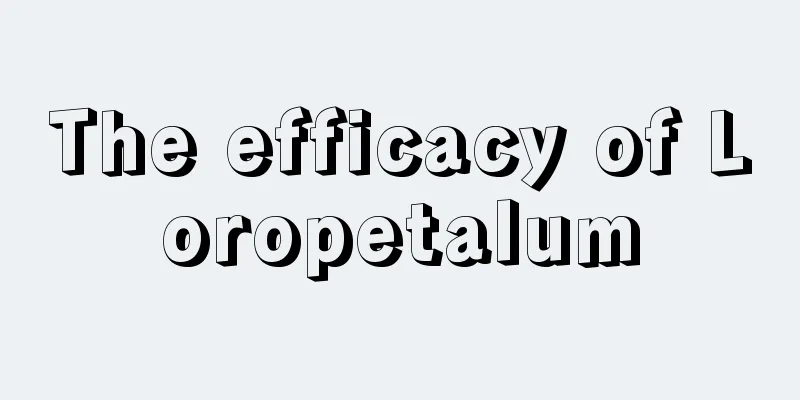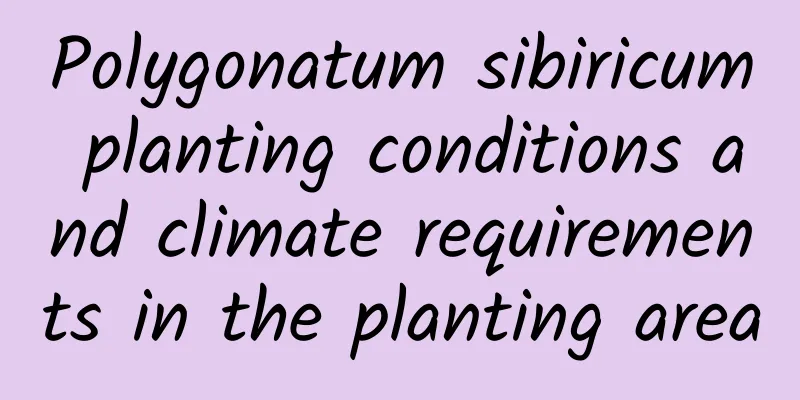Before you change the flowerpot, you need to know this!

The two sides of repotting If you want to give plants more living space, repotting is not a panacea. Repotting also has two sides. If you don’t understand it, it can easily harm the plants. Risks of repotting: Any plant, once its roots have been moved and the soil has been changed, needs to start over and adapt to the new environment to resume growth. No matter how well it grew before, it will all be wasted and need to start over again. After repotting, if the external conditions are not suitable, such as high temperature or cold weather, it will affect its survival, or even kill it directly. Notes on repotting1. Bring more soil. When repotting, keep as much soil as possible on the plant roots and try to avoid bare roots; this is because transplanting with soil is easier for the plant to survive than transplanting with bare roots. 2. Do not damage the roots. When repotting, if the original pot is a soft plastic pot (or paper cup), it is recommended to cut it open so as not to damage the plant roots. 3. Don’t change frequently. Do not repot continuously in a short period of time. For general plants, there should be at least half a year or even longer interval between repotting. However, for plants in the seedling stage, there are special circumstances. Depending on the growth of the seedlings, you can repot them when they grow a circle larger. They can be repotted frequently. 4. Turn off the water supply first. You need to stop watering 3-5 days before repotting. An overly humid environment is not conducive to repotting. Repotting season1. It is best to do it in spring and autumn; if it is a "winter type" plant that hibernates in summer, winter is also suitable. 2. But no matter what, you should never repot it during the high temperature period in midsummer. If you encounter high temperatures after repotting, it will not only affect the growth of the seedlings, but also cause it to die faster. Repotting depends on growth conditions1. It is best to do this during the dormant period and early growth period of the plant. Repotting during these two stages will have little effect on plant growth. 2. It is least suitable to do this during the plant's peak growth period, bud period, flowering period, and fruiting period. Repotting during this period will at best affect growth and cause it to miss the growth period; or cause plants that should have bloomed to miss the flowering period, etc., with very serious consequences. 3. Do not replace plants that are in the seedling stage, because the flowers are already damaged. Replacing them at this time will cause secondary damage and extend the seedling period indefinitely (the plants that should have recovered in a few days will be forced to delay to more than ten days or longer). If the season for repotting is not suitable and you rush to repot in midsummer, they may even die directly. |
<<: Cyclamen flowering period maintenance measures
>>: How to acidify alkaline water in the north
Recommend
Should I use a large or small pot for the money tree?
Should I use a large or small pot for the money t...
Cultivation methods and precautions of succulent plants
1. Lighting When growing succulents at home, you ...
How to grow spider silk succulent to its best condition
The shape of the spider silk scroll is very speci...
The growing environment and local conditions of broad beans
Broad bean growth environment and conditions Broa...
How to grow Jade Flower at home
Jade Flower Growth Conditions Jade Plant likes fl...
Flower language and function of Prunus armeniaca
Flower language of elmleaf plum The elmleaf plum ...
Do Lithops need root pruning?
Do Lithops need root pruning? Generally, it is be...
Why does Anthurium not bloom?
1. Increase lighting Reason: If the place where i...
The fastest way to root camellia cuttings
Camellia sasanqua cutting time Camellia sasanqua ...
How to water Deutzia
1. Watering during the seedling stage This plant ...
How to plant Houttuynia cordata, pictures of Houttuynia cordata
1. Planting time It can be planted all year round...
How to prune hibiscus and what to pay attention to
When is the best time to prune hibiscus? From the...
How to propagate the bright grass
Seeding propagation of Huanliang grass The sowing...
When should nasturtium be planted?
Nasturtium is a very beautiful flower with bright...
A complete guide to propagate Globe amaranth!
Seed propagation Seeding is the most commonly use...









